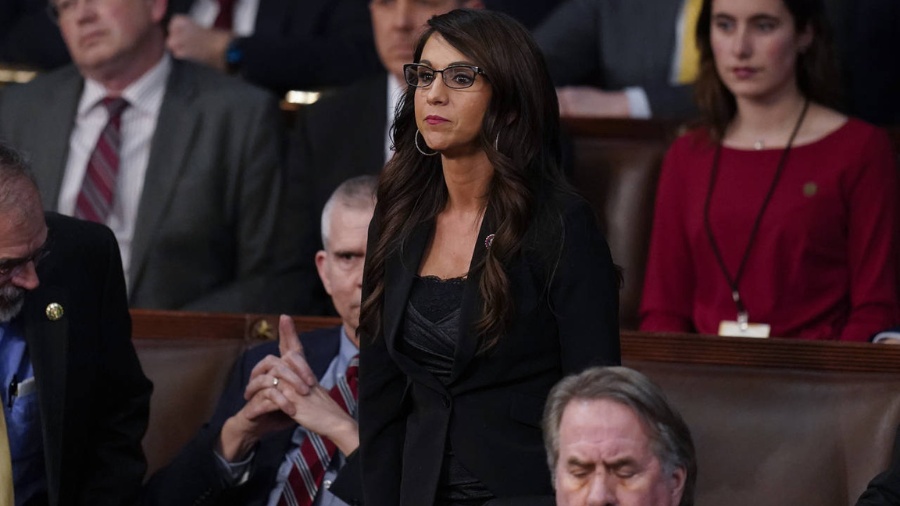UW expert on how ‘genetic ancestry’ can impact reactions to medical treatments
Mar 4, 2021, 12:49 PM | Updated: 12:53 pm
Different races have been found to react differently to certain medical treatments, in part based on an individual’s genetic ancestry. Those genetic health risks are being studied by Dr. Timothy Thornton, a professor, the associate chair of education, and the graduate program director in the department of biostatistics at the University of Washington School of Public Health.
UW race theory scholar explains how racism plays a role in public health
Essentially, Dr. Thornton explains that the same genetics behind one’s race can also determine how somebody may react to certain medical treatments.
“We’re finding that not only do we see differences in a lot of clinical outcomes by race or ethnicity, but there are a number of examples where we’re seeing differences in how individuals respond to treatment based on race as well,” he said.
“There are known genetic risk factors for a number of diseases. We still are in the infancy, really, of identifying the genetic risk factors,” Dr. Thornton said. “The issue is that the majority of risk factors that have been identified have been done so in European population samples or European ancestry population samples. And so many of the risk variants that have been identified in Europeans, they often do not transfer or translate to other populations.”
A good example of this, Thornton says, is the polygenic risk score for breast cancer. There are known breast cancer risk genes, he explains, but those scores, based upon an individual’s genetic profile, are about a third less predictive in Black women as compared to women of European descent.
“So even for those genes that we know are involved with a variety of different health outcomes, many of these genes were discovered in Europeans, and they don’t translate, or the risks are not the same when you apply to other non-European populations,” he said.
“Not only that, just even in treatment,” he continued. “So, for example, there’s clinical algorithms for predicting the amount of warfarin dose, for example, looking at anti-coagulation. Warfarin, actually, is a treatment that is used to kind of stop the blood from coagulating or blood clotting. And a study has found that the algorithm that’s been used was twice as accurate in European ancestry populations compared to African ancestry populations. This can have serious implications for an individual’s health, particularly if you are not of European decent.”
Dr. Thornton does believe that medical practices need to be honest about what they know and what they don’t know.
“There are certain, for example, algorithms where we can predict risk pretty well across race or ethnic groups,” he said. “But there are other algorithms, which may work well in European population samples that may not work well in other population samples, and so we need to be clear about that.”
“But, ideally, we need to get beyond putting individuals into these racial groups because we’re not a monolithic group,” he added. “For example, African Americans are very diverse. You have some African Americans who have as much as 90% ancestry from Africa, where other African Americans have as little as 10% ancestry from Africa. So ideally, we can get to the point where not only do we have racial groupings, but we also have information about their genetic ancestry.”
That’s the point that the medical community is trying to reach, Thornton says, where one’s proportional ancestry or genetic ancestry can be incorporated into the clinical algorithms.
“We’re not there yet, because most clinicians do not have that information on their study subjects,” he admitted. “But we’re pushing toward that now, being able to identify genetic risk factors that can hopefully help us with improving health outcomes in diverse populations by taking into account their diverse genetic ancestry.”
Hopefully, Thornton says, clinical algorithms and treatment guidelines will be able to include genetic ancestry in the future, “in addition to or in lieu of race.”
“As I mentioned before, we have not reached a point yet where ancestry can be readily available or where clinicians actually know what to do with this data,” he clarified.
Washington hospitals pact helps avoid being overrun by COVID patients
Meanwhile, thanks to companies like Ancestry.com and 23 and Me, Thornton pointed out that there are hundreds of thousands of individuals who already have their entire genome information.
“And they have information about their proportional ancestry, even within Europe, within Africa as well. So a lot of citizens in the U.S. actually already have that information,” Thornton said. “They have their entire genome, and they also have their ancestry breakdown, as far as where they came from.”
“The next step, potentially, would be can we use that information to incorporate in clinical algorithms to improve treatments, and therapeutics, and risk as well?”
Listen to Seattle’s Morning News weekday mornings from 5 – 9 a.m. on KIRO Radio, 97.3 FM. Subscribe to the podcast here.
Follow @http://twitter.com/Mynorthwest














